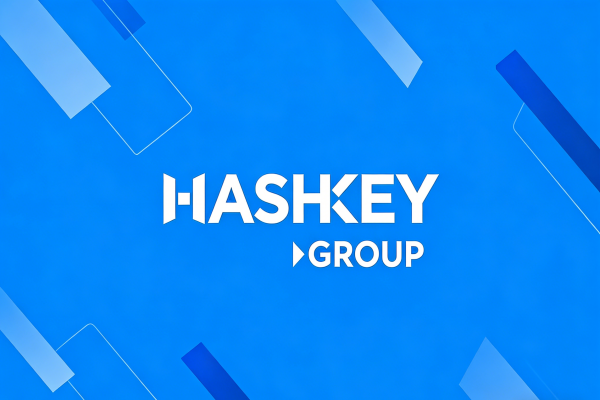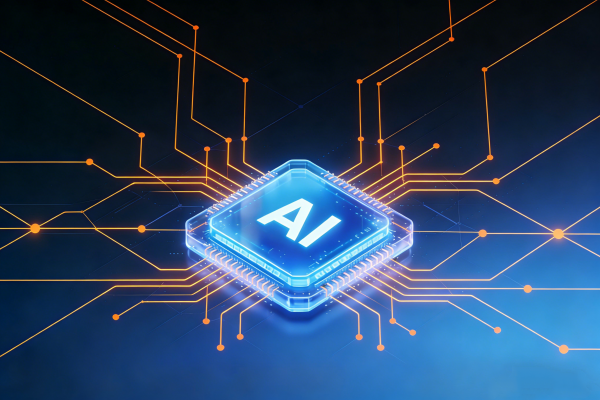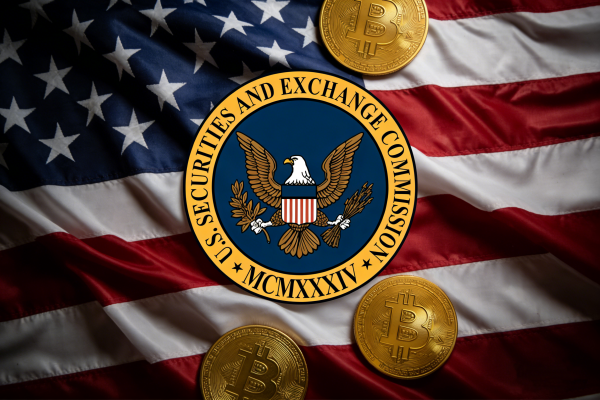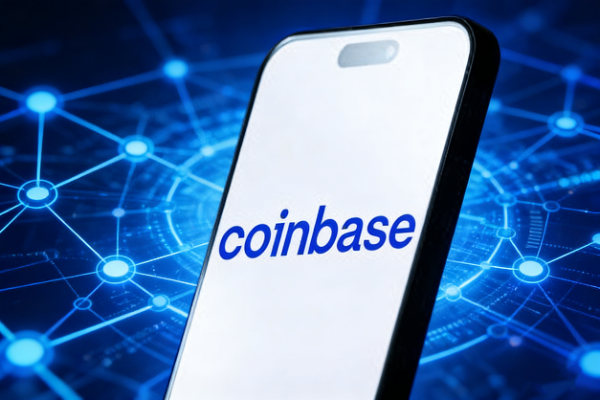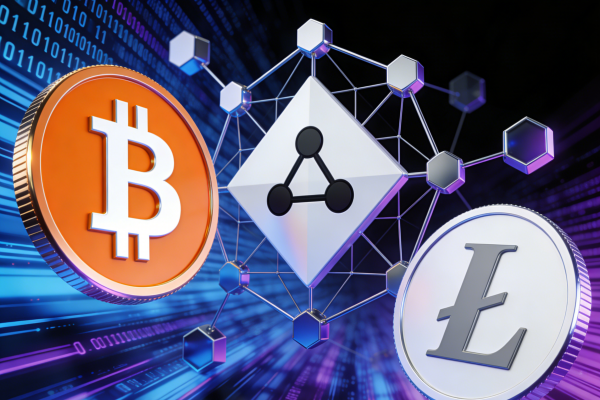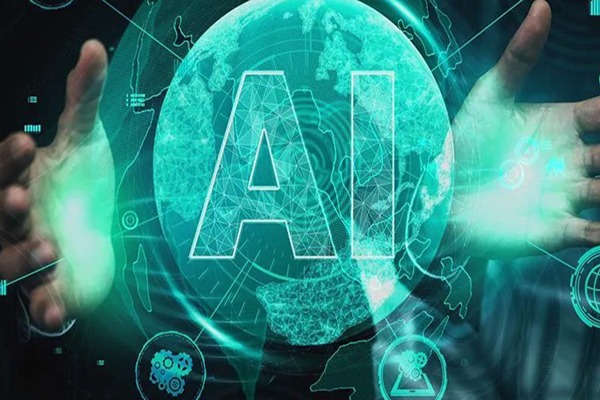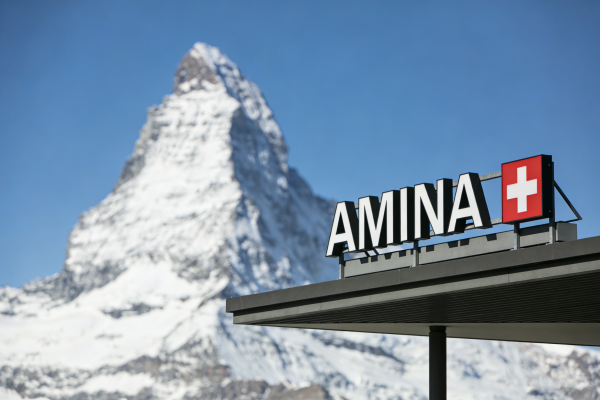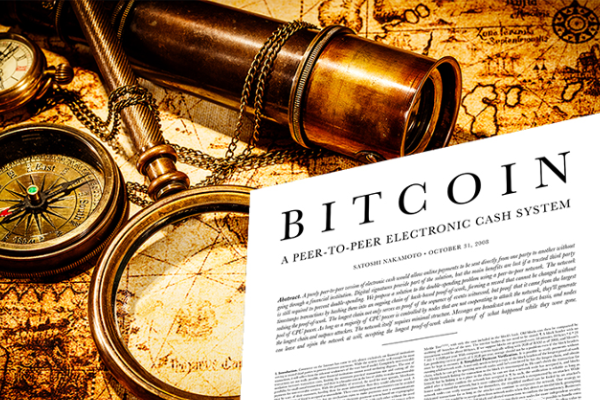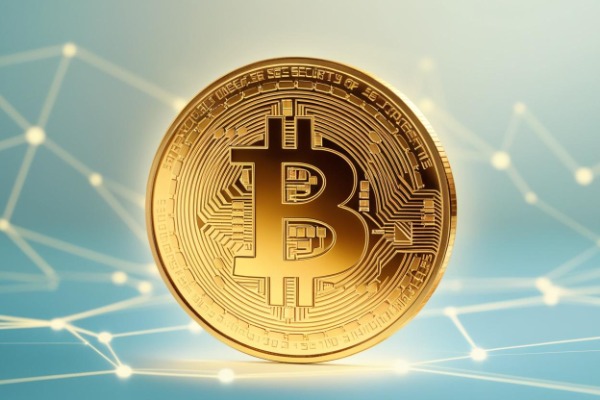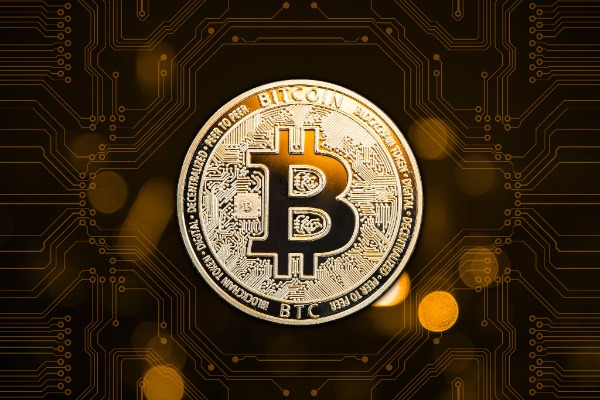The significance of Bitcoin decentralization
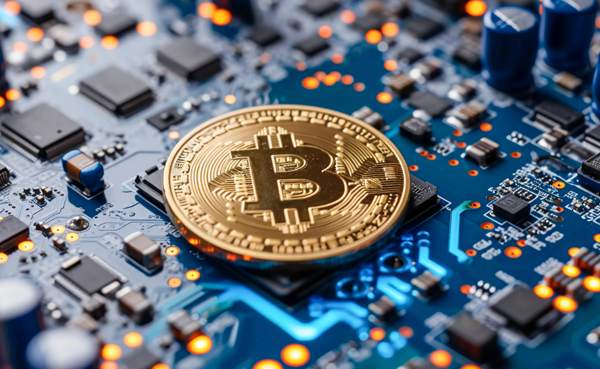
The Bitcoin network is controlled by all Bitcoin users. Unless the vast majority of Bitcoin users agree to make a certain change (such as a rule modification or version upgrade), no one or organization can change or stop the operation of Bitcoin.
There are many problems with centralization. For example, the central bank can print money endlessly and plunder your wealth without your consent; the money you have in the bank is not actually your money, but the bank's liability to you. You can't always withdraw your money from the bank. The bank may only allow you to withdraw 60 euros a day ("Greek banks resume business on Monday, and each person can only withdraw 60 euros a day"), or even force your deposit to be confiscated ("Cyprus State Openly "Robbers" Large Deposits Partially or Confiscated").
Although private property is sacred and inviolable, people have no way to deal with it. These bad deeds will no longer exist in Bitcoin. Bitcoin is a currency system that is completely separated from banks and only relies on the Internet. Even government law enforcement agencies cannot seize or confiscate Bitcoin; unless the Internet is completely shut down, the Bitcoin network cannot be blocked.
In the Bitcoin system, you can truly control your money, rather than indirectly controlling your money through a bank. For the first time in human history, Bitcoin has used technical means to ensure the sanctity and inviolability of private property.
